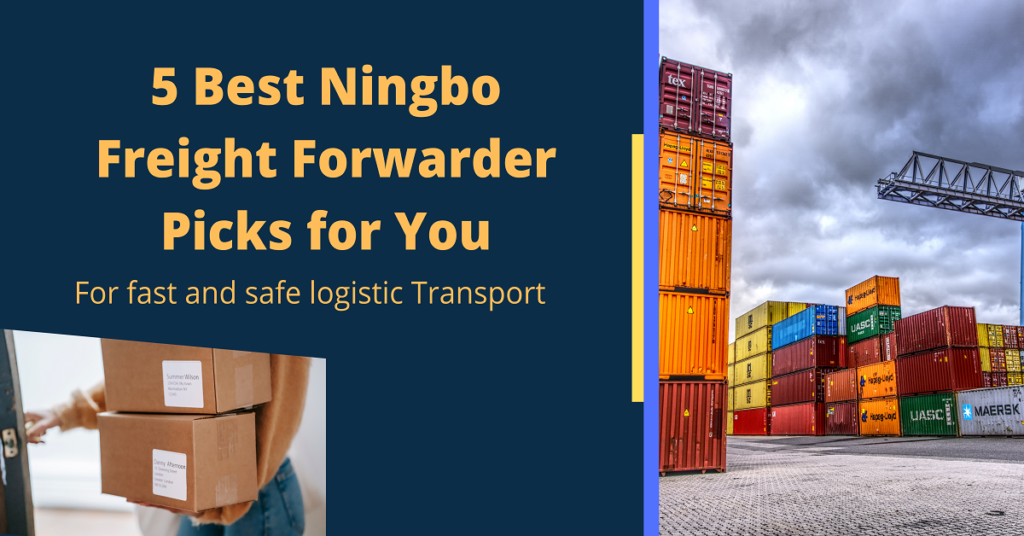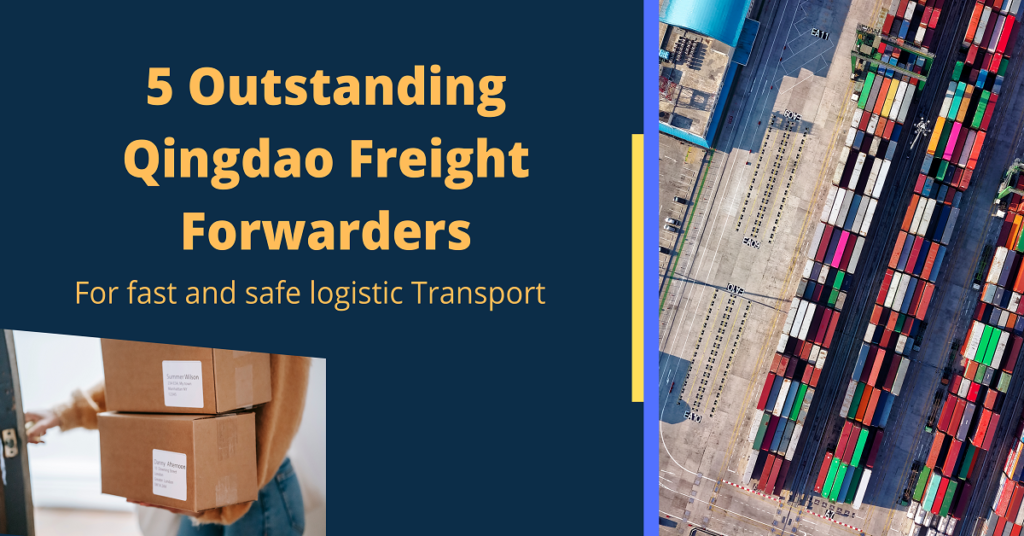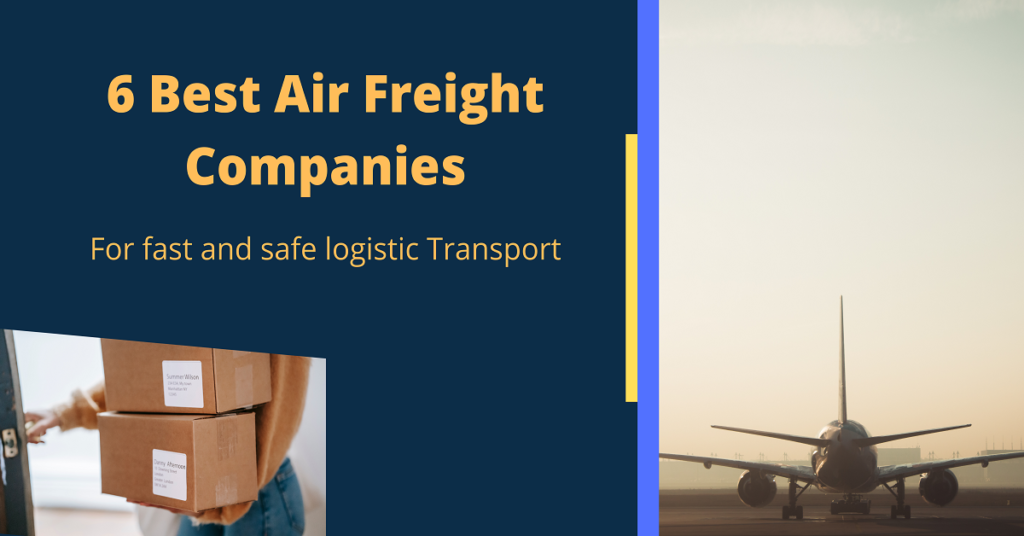Learning FCA Incoterms would help you determine your role in the shipping process, the steps to take, and the costs that you need to pay.
FCA Shipping Terms Meaning: Free Carrier

Image Source: Marine Insight
The Incoterm FCA, more formally known as Free Carrier, refers to the agreement where the seller delivers the goods to the named place specified by the buyer. The seller bears all responsibilities in the shipment until the loading of the cargo into the carrier. Once loaded, the buyer takes over the risks and costs for the succeeding processes.
Suppose you are the seller and you are about to ship goods to your buyer. Under the FCA shipping term, your buyer chooses the carrier that he has dealt with in his past transactions. As the seller, it is your responsibility to safely deliver his cargo to his chosen carrier. On the other hand, the buyer can only pick a named location within the seller’s country.
FCA is very flexible in that it allows the buyer to use their own resources in arranging the main carriage of the cargo. It is recommended to be used for transporting containerized freight.
Free Carrier Incoterm 2020 meaning
What does FCA mean in shipping terms? Originally published as part of the Incoterms rules by the International Chamber of Commerce (ICC) in 1936, the Incoterm FCA indicates the general terms and conditions that define which party will be responsible for which cost and risk.
As with the decade-long interval revisions of the rules, FCA in the Incoterms 2020 has been revised to accommodate requests for bills of lading with onboard notation. To be specific, the carrier issues an onboard BoL to the seller, which the seller then presents to the buyer.
FCA freight terms
You can use the Incoterm FCA in any mode of transportation, whether by road, rail, ocean, or air delivery. When using FCA shipping terms, the seller delivers the goods to the buyer’s preferred location in the seller’s country. This shipping point is often a shipping terminal or airport. The buyer is free to choose their carrier of choice, allowing them to further control their costs.
Ship FCA: Is It a Good Choice?
Compared to other commonly used Incoterms like Ex Works, where the buyer shoulders all transportation costs, FCA is relatively more advantageous for the seller. It is also a preferred shipping term for delivering containerized cargo according to the ICC. If you are working with an FCA warehouse or FCA factory, the following details the pros and cons of FCA.
Advantages
The buyer has extensive control over their transportation resources and costs once the export formalities have been completed by the seller. FCA is preferred by many buyers when they partner with a competitive freight forwarder and logistics provider. Recall that freight forwarders can help find the best shipping prices on the market with their networks.
Disadvantages
Unless the named place is a terminal, the risk transfers to the buyer prematurely. For instance, the buyer requests to deliver the goods to their freight forwarder’s warehouse. After delivery, the costs and risks will be borne by the buyer early, and they will also be responsible for the unloading charges of the cargo, export formalities, terminal handling fees, and more.
When to Use FCA
The ICC recommends the usage of FCA shipping terms when moving containerized freight. Such a type of freight is usually delivered to a terminal, making the transfer of costs and risks to the buyer happen once the goods are formally cleared.
As a buyer, using the Incoterm FCA would be worth considering if:
- You intend to transport containerized cargo
- You work with an expert freight forwarder or have a good grasp of the origin country’s shipping process
- You chose to deliver your freight to a terminal
- Your seller prefers FCA over other “F” Incoterms
FCA Rules (Costs, Responsibilities Explained)
FCA payment
Seller’s obligation and responsibility: In the total FCA pricing, the seller is required to pay for the costs of delivering the goods—including the loading charges to the first carrier—to the buyer’s named location. They also bear the costs of export formalities, such as customs clearance, tax payments, and other related expenses.
Buyer’s obligation and responsibility: The buyer is obliged to handle most of the FCA costs because they bear the terminal charges, loading expenses, main carriage costs, unloading expenses of goods, and import formalities payments. They may also need to pay for insurance when preferred.
FCA packaging
Seller’s obligation and responsibility: The seller is required to prepare the products for shipping. The packaging requirements may vary depending on the destination country. As such, the seller may be obliged to add specific labelings and markings on the packaged cargo. The packaging configurations should also be made according to export policies.
Buyer’s obligation and responsibility: None.
FCA delivery
Seller’s obligation and responsibility: The seller should bring the goods to the buyer’s defined place of destination. This named place is within the seller’s country and is often a shipping terminal or airport.
Buyer’s obligation and responsibility: The buyer first arranges the loading of the goods into the appropriate vessel. Once completed, they are in charge of the remaining legs of transportation, from the main carriage to the last-mile delivery.
FCA customs clearance
Seller’s obligation and responsibility: If the buyer chose a terminal as the named destination, the seller would be responsible for completing the export formalities, which consist of customs clearance, inspection, payments of taxes and duties, and more.
Buyer’s obligation and responsibility: If the buyer chooses their freight forwarder’s warehouse as the named destination, they will also handle the export formalities, aside from the import formalities in the target country. If the buyer chose to deliver directly to the export terminal, they only need to handle the import process.
FCA shipment
In FCA shipping, clearly defining the named place of delivery is necessary. This is because the risks in the FCA transportation transfer to the buyer once the goods reach the said location.
FCA origin
Seller’s obligation and responsibility: The goods are packaged and prepared at the FCA seller’s facility. The seller is then responsible to load the goods into the first carrier and bring it to the named place of the buyer, which can be a terminal, a warehouse, or the FCA seller’s premises.
FCA destination
Buyer’s obligation and responsibility: Once the goods arrive at the destination country, the buyer is responsible for completing the import process, including the inspections, terminal charges, customs clearance, and related steps. They are also responsible for any other transportation and costs needed.
FCA export
Seller’s obligation and responsibility: The seller must pack the goods according to export regulations and requirements of the buyer. They are also responsible for completing the export formalities in their country. The seller must properly include the FCA terms in export documents, which FCA port of export to use, and more in the papers.
Buyer’s obligation and responsibility: If the buyer chooses to have their forwarder’s warehouse as the named destination, they will handle the export formalities, including the FCA export documents, in addition to their original responsibilities.
FCA freight
Seller’s obligation and responsibility: The seller is required to handle the pre-carriage of goods to the buyer’s defined location of delivery.
Buyer’s obligation and responsibility: The buyer is free to use any kind of transportation, such as FCA air freight, ocean freight, rail freight, and road freight, for the main carriage of their cargo. They will also handle all other transportation in the remaining legs of delivery.
FCA import
Seller’s obligation and responsibility: None.
Buyer’s obligation and responsibility: According to FCA terms in import, The buyer should clear the goods from the customs authority in the destination country. They should also prepare all necessary documents, pay all duties and taxes, and do related tasks.
Common FAQs on FCA
How to find an FCA freight forwarder
When shipping internationally, contacting an intermediary like an FCA forwarder lets you enjoy the most suitable shipping prices. To find one, simply contact a freight forwarder through their email or phone and inquire whether they can handle FCA shipments. If you are shipping from China, ZGGShip is the top choice that you can find.
Who pays for FCA shipping?
There are two types of payment in international shipments: freight collect and freight prepaid. Freight collect means that the buyer pays, while freight prepaid means that the seller will be liable for the costs.
The Incoterm FCA stipulates that the buyer handles the main carriage of the goods, so the majority of the payment is FCA freight collect. On the other hand, the seller pays for the pre-carriage of the goods to the buyer’s named destination.
Incoterms FCA vs FOB
In most cases, the Incoterm FOB (Free On Board) is preferred over FCA by many, especially in China. FOB is a waterway-transport-limited Incoterm where the risk transfers to the buyer only when the goods are loaded into the vessel. The seller is responsible for loading the goods, which should have been the buyer’s task under FCA.
FCA vs DAP
FCA and DAP (Delivered At Place) are highly similar in that the seller is tasked to deliver the goods at a named location. FCA stipulates that the named location should be within the seller’s country, while DAP is any location internationally.
Under DAP, the seller is also responsible for the pre-carriage and main carriage of the goods, aside from the export formalities and other costs. The buyer only needs to assume the risk once the goods reach the agreed-upon location, and they also have to complete the import process.
Incoterms FCA vs EXW
Between FCA and EXW (Ex Works), incoterm FCA is preferred since it reduces the risk to the buyer. You should know that under EXW, the seller is only responsible to prepare the goods for shipping and make them available to an agreed-upon location. The buyer is responsible for all costs and risks of transportation, loading, export formalities, and all other parts of the shipment.



